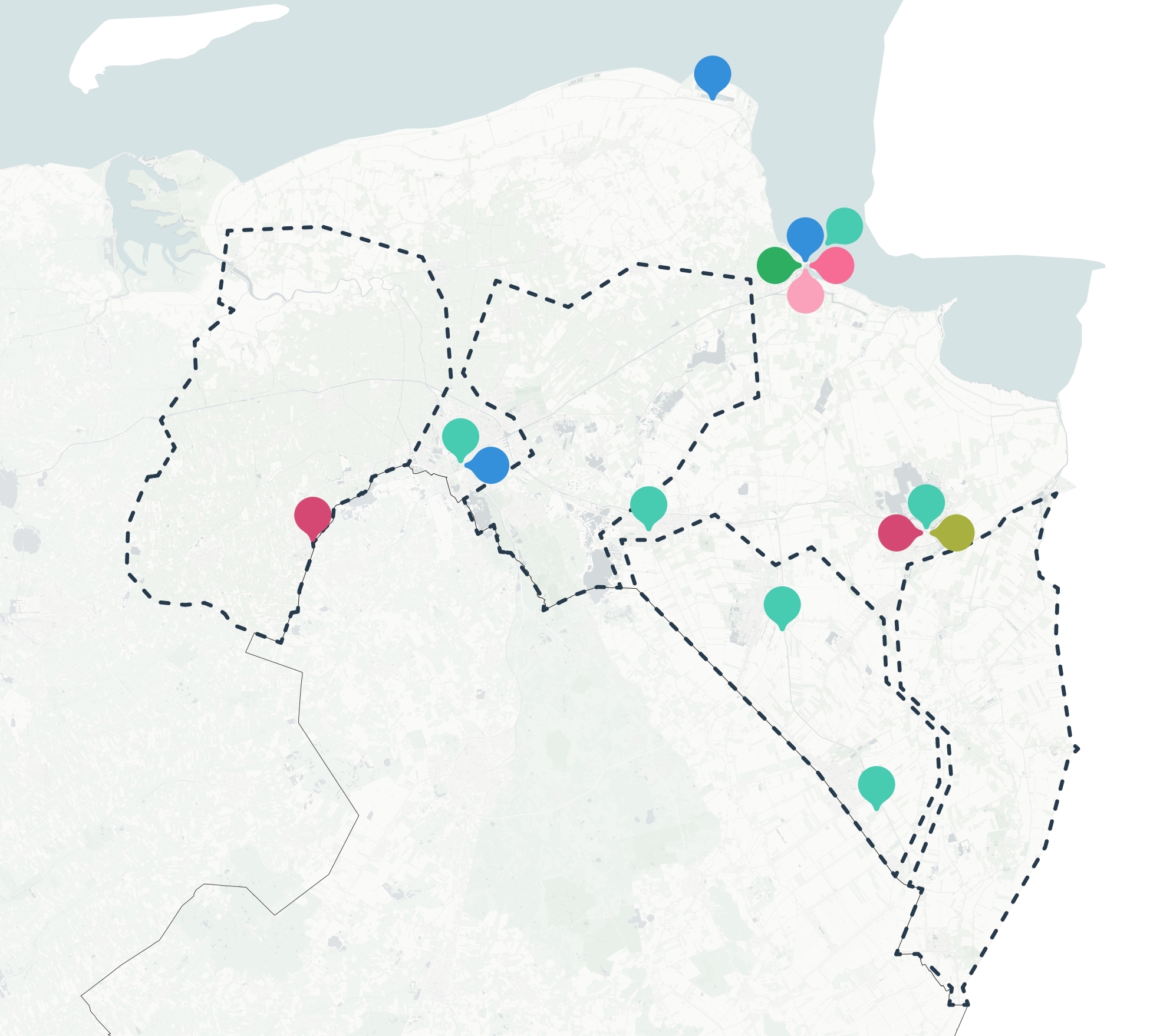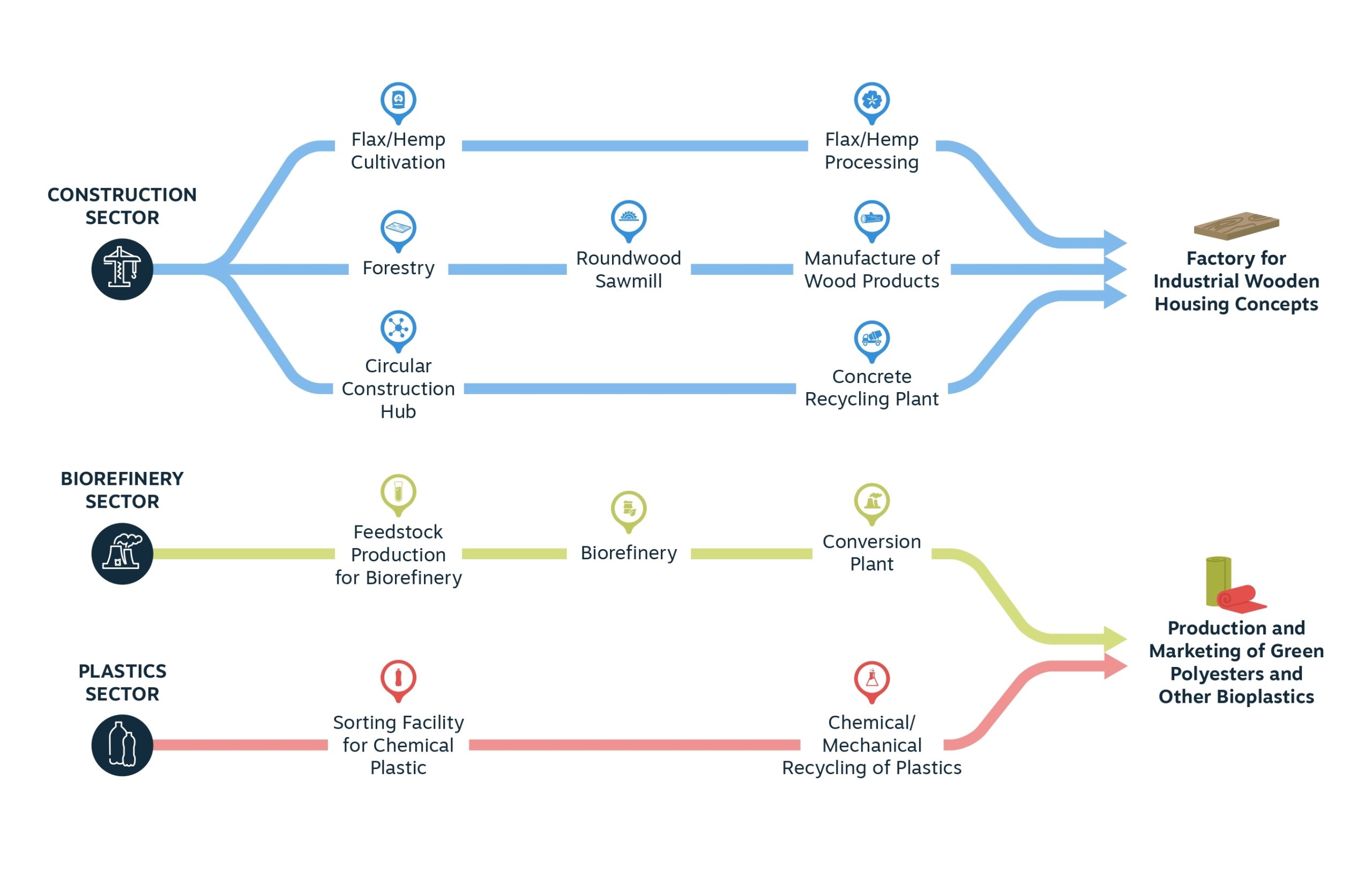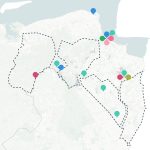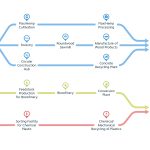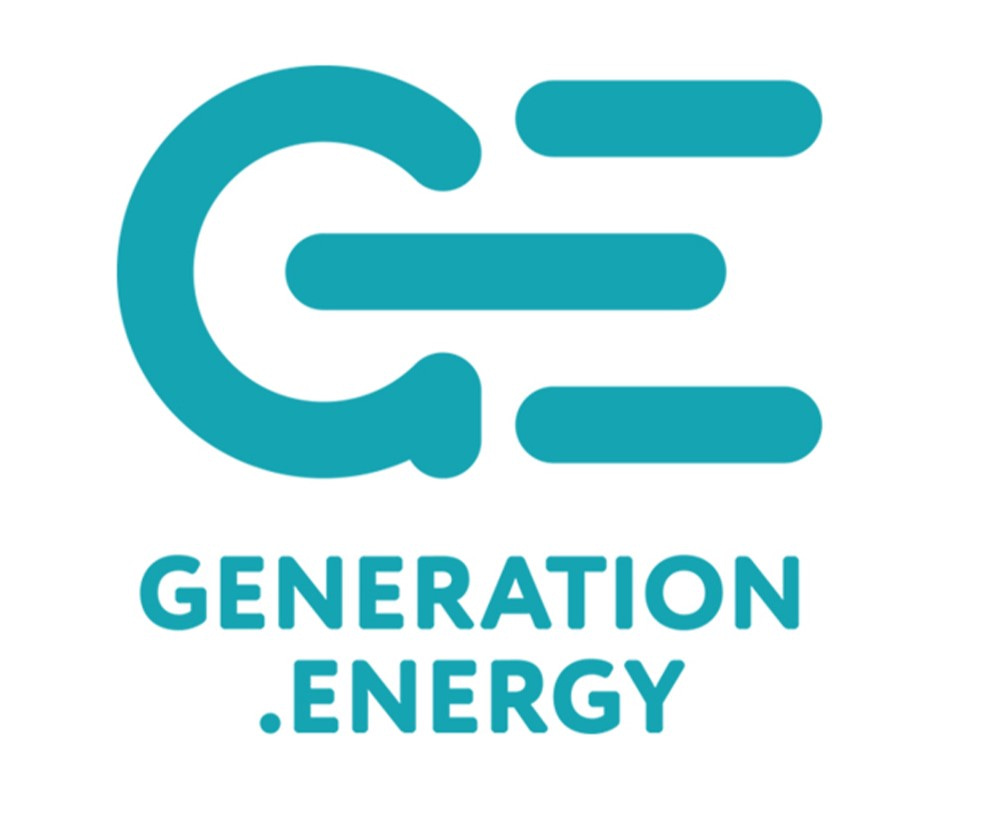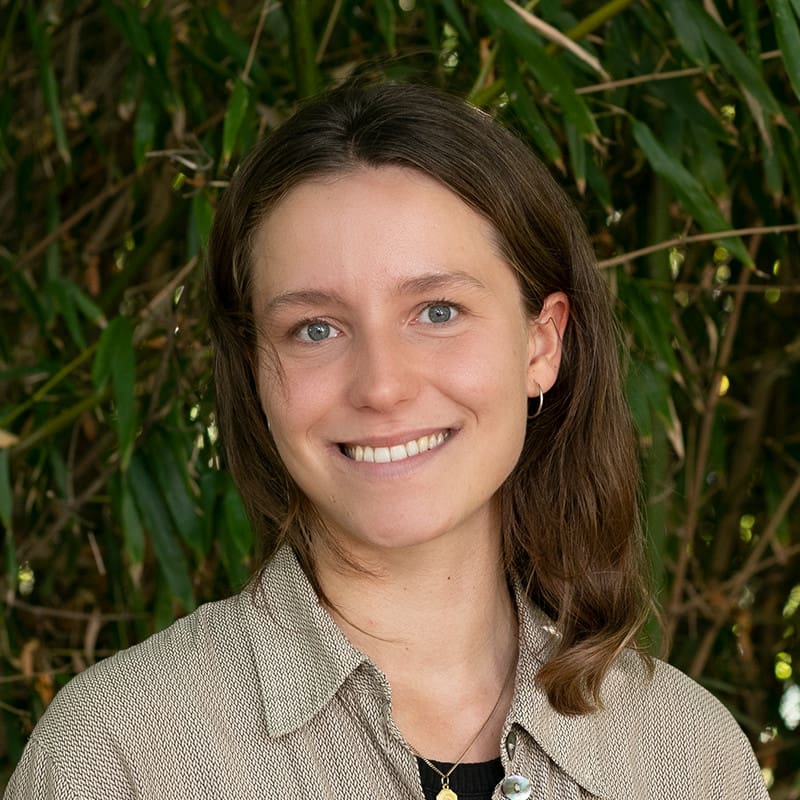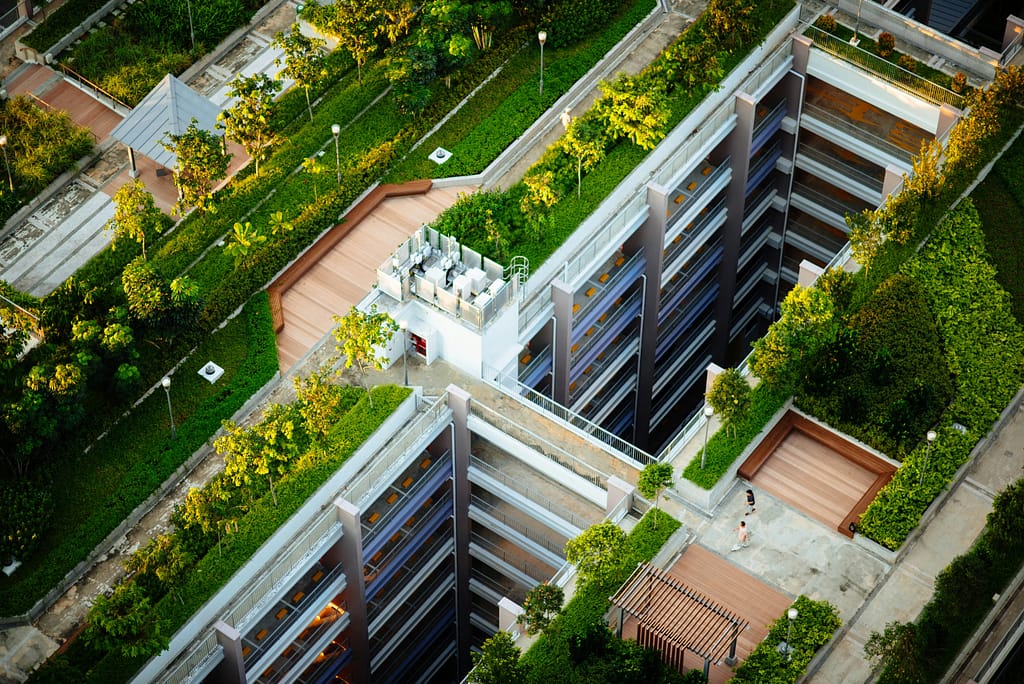A circular and carbon-neutral Groningen
Exploring the spatial impacts of a circular and carbon-neutral province
The transition to a circular economy and a renewable energy system presents spatial challenges. Metabolic and Generation. Energy conducted exploratory research concerning the spatial impact of different transition scenarios for the Province of Groningen.
- Client: Provincie Groningen
- Partner: Generation.Energy
- Date: July 2023
Transitioning to a sustainable economy needs space
Transitioning to a circular economy and a renewable energy system is essential to stay within the safe boundaries of the Earth’s natural systems. These transitions require space: from solar parks to local recycling facilities. In the Province of Groningen, just like in any other province in the Netherlands, space is limited due to the many spatial requirements. In preparation for a new environmental vision, the Province of Groningen asked Metabolic and Generation. Energy the following question: How will the circular economy and the energy system develop towards 2050, and how much space is needed to facilitate these developments?
Analyzing the spatial impact of the circular economy over time
Within this project, Metabolic conducted research on the spatial impacts of the circular economy. We started with an analysis of the current state of the circular economy and the plans in place. Because the future holds many uncertainties, we developed four different scenarios: ranging from putting maximal efforts in biobased materials to maximal efforts in secondary materials and from a focus on the local/regional market to a focus on the (inter-)national market. Based on these scenarios, we described the potential spatial impacts and development over time. Finally, we did a broad analysis of the interdependencies between the analyzed trends and value chains.
Spatially facilitating the transition to a circular economy
The building materials, chemicals, and plastics sectors were selected for analysis as they play important roles in the transition to a circular economy in Groningen. For a circular building materials sector, space is needed for biobased materials production and circular building hubs. If the chemicals and plastics sectors transition to biobased resources, more space is required for growing crops. In each scenario, we described expected changes in these sectors and estimated the required space. The scenarios helped the Province of Groningen to decide which parts of the circular economy to focus on.
